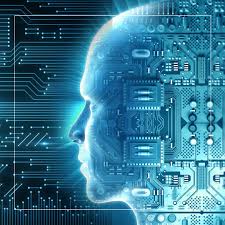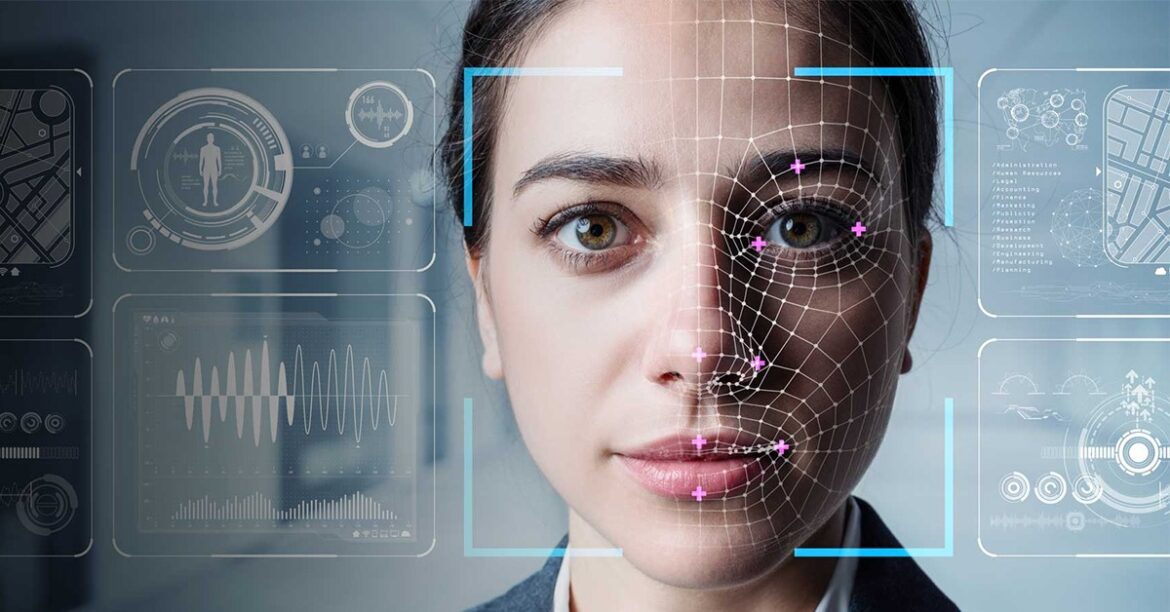 According to recent data, an increasing number of people are owning NFTs. As of September 2021, it was estimated that over 10 million individuals globally had purchased at least one NFT. However, as of April 2023, the number of people who own NFTs has skyrocketed, with the latest estimates suggesting that more than 100 million people worldwide now own NFTs. This remarkable growth can be attributed to the increased awareness and popularity of NFTs in the art, music, sports, and gaming industries.
According to recent data, an increasing number of people are owning NFTs. As of September 2021, it was estimated that over 10 million individuals globally had purchased at least one NFT. However, as of April 2023, the number of people who own NFTs has skyrocketed, with the latest estimates suggesting that more than 100 million people worldwide now own NFTs. This remarkable growth can be attributed to the increased awareness and popularity of NFTs in the art, music, sports, and gaming industries.
Currently, there has been an explosion is the creation of AI-powered tools and software that can assist artists in creating digital artwork. NFT creators are using AI tools like Adobe Photoshop, RunwayML, and Artbreeder just to name a few. These tools use algorithms and machine learning to generate new and unique pieces of art based on certain parameters or input from the artists or musicians.
These are just a few examples of the many AI-powered tools and software available to NFT creators. As AI technology continues to evolve, we can expect to see even more tools and software that can assist artists in creating digital artwork and digital music. So the question becomes, if you alter an original NFT, does that altered piece become a new original NFT?
Well, the answer is not that simple. It’s important to note that simply using AI to generate artwork or music does not make it automatically valuable as an NFT. The value of an NFT artwork is determined by its originality, creativity, and perceived value by the market. While AI tools can certainly assist artists in the creative process, the final product must still be unique and original to have value as an NFT.
The ownership of copyrights to an AI-altered image can be a complex legal issue and may depend on several factors, including the original creator of the image, the extent to which the AI algorithm altered the image, and any agreements or contracts between the parties involved.
In general, if the AI algorithm is used to simply enhance or modify an existing image, the copyright ownership would likely remain with the original creator of the image. However, if the AI algorithm is used to create a new image that is substantially different from the original, the copyright ownership may belong to the person who created the new image using the AI algorithm.
It is important to note that copyright law can vary by jurisdiction and that the specific circumstances of each case can affect the determination of copyright ownership. Therefore, it is advisable to seek legal advice from a qualified attorney who is familiar with intellectual property law in your jurisdiction.



